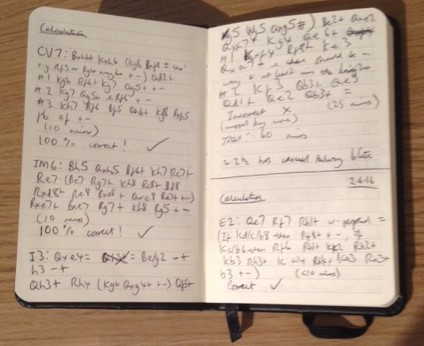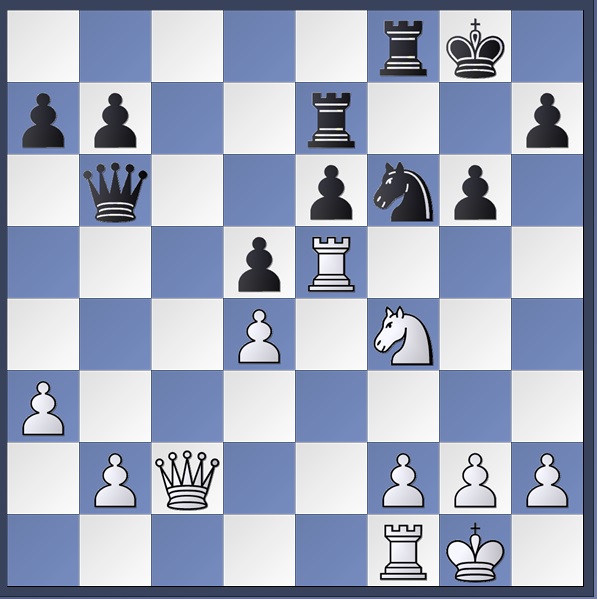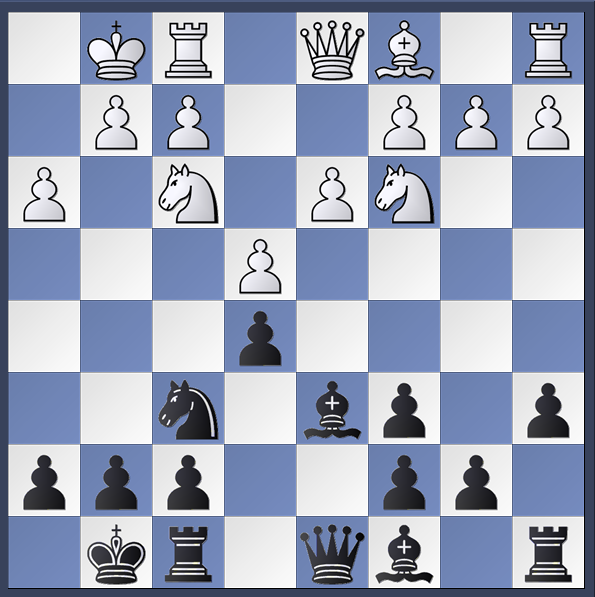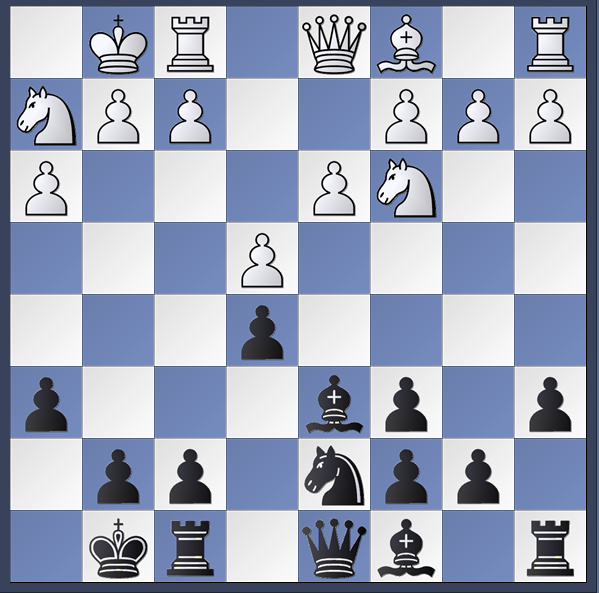I’m back, and ready for a new challenge. Quality Chess are running the ‘Yusupov Challenge’, with the aim being to work through six chapters of Yusupov’s award-winning instructional series per week. I received the whole series for my last birthday and have been meaning to get stuck in to them, so this fits in nicely with my plans. If any readers would like to join me in the challenge (either at six chapters per week or at a pace which suits them) I would be delighted! You can sign up here.
I will be writing a short post on this blog to mark each chapter completed, sharing my score and the approximate time I spent, which has been the subject of much debate on the Quality Chess blog. Notes on the first chapter below.
Book 1, Chapter 1
I rattled through this chapter in about 50 minutes – 20 minutes reading the thematic introduction, and 30 minutes solving the puzzles. Most of the puzzle solving time was setting the positions up on a board rather than actually solving them, though I did spend a few minutes on 1-9 and 1-10. I didn’t bother to set the pieces up for the positions in the introduction.
I scored 14 out of a possible 16 points on the exercises, losing two points on 1-10. Although I chose the correct first move (1…Ng3), I carelessly completely overlooked Black’s main reply (2. Qxd4). In 1-9 I chose to exchange rooks in a subvariation (1…Kg7 2. Nxf8+ Kxf8 and now instead of the immediate 3. Nxh7+ I chose 3. Rf8+ Kf7 4. Rxa8 Nxa8 5. Nxh7), but as the ending looks to be winning anyway I haven’t deducted points.
For anyone else doing the challenge, let me know how you got on with the first chapter below.
General update: Blog regulars will by now be used to months-long gaps in my posting. Rest assured that I have been playing lots of chess in the interim, though my studying has not been going as well. The blogging has suffered as my planned ‘Road to 2100 Lessons Learned’ series has fallen victim to scope creep and perfectionism, the result being that it has yet to materialise at all. I will refrain from making promises about when it might finally appear; hopefully it will be a pleasant surprise for you when it does.
In other news, I have for the first time managed to qualify for the main section of the British Championship in July/August. I am very excited about getting to play in the same section as the absolute elite in this country (Mickey Adams won it last year), and training for that will be my focus for the next few months.




